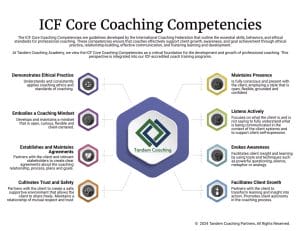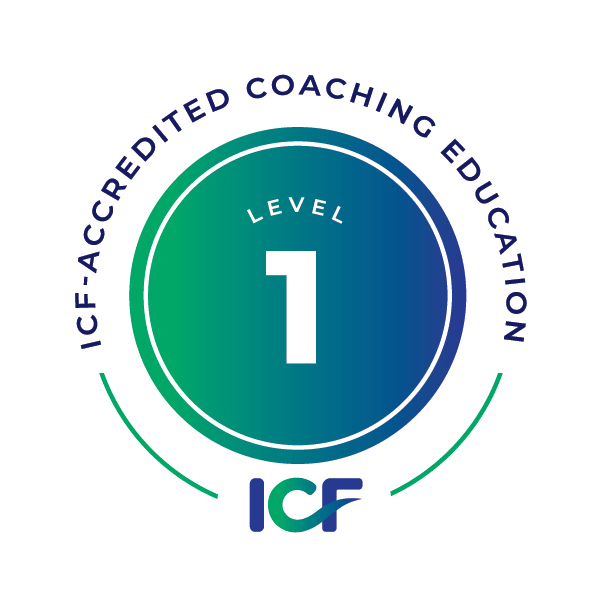In today’s fast-paced organizational environment, leadership and executive teams face unique challenges that require more than just traditional management skills. As a coach specializing in agile and team dynamics, I’ve witnessed firsthand the transformative power of effective coaching on leadership teams. Here are five essential coaching strategies that can significantly enhance the effectiveness of executive teams, fostering a culture of collaboration, innovation, and resilience.
1. Cultivating Emotional Intelligence: Emotional intelligence is the cornerstone of effective leadership. Coaches can help leaders develop self-awareness, empathy, and the ability to manage their emotions and relationships. By facilitating reflective practices and providing feedback, coaches empower leaders to navigate complex interpersonal dynamics, enhancing team cohesion and performance.
2. Creating Spaces for Reflection and Silence: In a world that values constant activity, the power of silence and reflection in coaching conversations is often underestimated. Encouraging leaders to pause and reflect can lead to profound insights and breakthroughs. As coaches, creating a safe space for silence allows leaders to process their thoughts and feelings, leading to more thoughtful decision-making and increased self-awareness.

Discover ICF PCC and ICF ACTC Team Coaching Competencies and Mastery
Are you eager to magnify the impact of your coaching practice?
Our ICF Team Competencies program offers a seamless transition for those who have mastered the core competencies, allowing you to delve deeper into the complexities and rewards of team coaching.
Explore this opportunity today.
3. Leveraging the Power of Storytelling: Stories are a powerful tool for building connection and conveying complex ideas in a relatable way. Coaches can guide leaders in crafting and sharing their personal stories, which can strengthen team bonds, foster a shared vision, and enhance the team’s collective identity. Storytelling can also be a powerful method for modeling vulnerability, encouraging others to open up and share their experiences.
4. Enhancing Team Dynamics through Feedback: Feedback is essential for growth, yet it can be challenging to give and receive constructively. Coaches can play a crucial role in developing a feedback-rich culture within leadership teams. By teaching effective feedback techniques and facilitating feedback sessions, coaches help leaders and their teams build trust, improve communication, and accelerate their development.
5. Promoting Agility and Flexibility: In an ever-changing business landscape, agility and flexibility are key to a team’s success. Coaches can introduce agile practices and mindsets, helping leadership teams adapt to change, foster innovation, and maintain competitiveness. Whether it’s through scrum methodologies or simply encouraging a mindset of continuous improvement, coaching can equip leaders with the tools they need to thrive in uncertainty.
In conclusion, the role of a coach in enhancing the effectiveness of leadership and executive teams cannot be overstated. By focusing on emotional intelligence, the power of silence, storytelling, constructive feedback, and agility, coaches can empower leaders to lead with confidence and resilience.
Until next time, Cherie 💚

Unlock Your Coaching Potential with Tandem!
Dive into the essence of effective coaching with our exclusive brochure, meticulously crafted to help you master the ICF Core Coaching Competencies.
"*" indicates required fields
About the Author
Cherie Silas, MCC
She has over 20 years of experience as a corporate leader and uses that background to partner with business executives and their leadership teams to identify and solve their most challenging people, process, and business problems in measurable ways.















